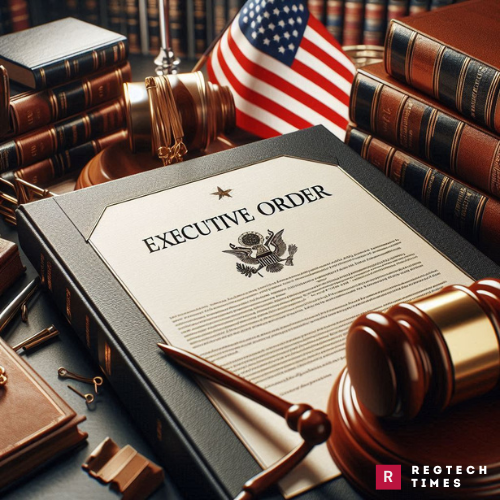A significant legal challenge has emerged against the Biden administration’s Executive Order 14115, questioning the constitutionality of the sanctions imposed on certain Israeli individuals and groups. This lawsuit, filed by Texans for Israel and other plaintiffs, highlights the tensions between U.S. foreign policy and civil liberties, raising critical concerns about freedom of speech, religion, and due process.
Background of Executive Order 14115
In February 2024, President Joe Biden issued Executive Order 14115, which authorized sanctions on individuals and entities deemed to be “undermining peace, security, and stability in the West Bank.” The Biden administration justified the order by citing growing concerns over settler violence, arguing that these measures were necessary to curb extremist activities and promote stability in the region. The sanctions were intended to deter actions that could escalate tensions and disrupt ongoing peace efforts in the Middle East.
However, the broad language of Executive Order 14115 has sparked significant controversy. Critics argue that the order’s vague criteria for determining who can be sanctioned open the door to potential abuse, allowing the government to target individuals based on their political beliefs or affiliations rather than any concrete wrongdoing.
The Lawsuit and Its Claims
The plaintiffs in the lawsuit include American citizens, dual U.S.-Israeli nationals, and organizations that support Jewish settlements in the West Bank. They argue that the sanctions under Executive Order 14115 unfairly target those who advocate for Jewish settlements or oppose a two-state solution to the Israeli-Palestinian conflict.
According to the plaintiffs, the executive order’s broad and ambiguous language chills protected political speech by creating a climate of fear and uncertainty.
One of the key arguments in the lawsuit is that the sanctions violate the First Amendment, which guarantees freedom of speech and religion. The plaintiffs contend that by punishing individuals for their political advocacy, the sanctions under Executive Order 14115 infringe upon their right to express their views and participate in public discourse. Furthermore, they argue that the order discriminates against Jews by disproportionately targeting those who support Israel, thus violating the constitutional guarantee of religious freedom.
Ismail Haniyeh Assassinated: Hamas Blames Israeli Strike for Leader’s Death in Tehran
For example, Ari Abramowitz, one of the plaintiffs, expressed concerns that defending himself against attacks could lead to sanctions under Executive Order 14115. Another plaintiff, Yosef Ben Chaim, described how his family has suffered financial hardship after his wife was sanctioned for leading a group opposing U.S. aid to Gaza. These examples illustrate the real-world impact of the sanctions and the chilling effect they have on political activism and free expression.
Broader Implications of Executive Order 14115
The lawsuit also raises concerns about the implications of Executive Order 14115 for due process. The plaintiffs argue that the order grants excessive discretion to government officials, allowing them to impose sanctions without clear guidelines or standards. This lack of transparency and accountability, they contend, undermines the rule of law and threatens to erode civil liberties.
Eugene Kontorovich, a legal advisor to the plaintiffs, warned that allowing such broad sanctions could set a dangerous precedent for suppressing political speech. He pointed out that no previous administration has used sanctions in this manner to silence policy disagreements, and he expressed concern that this approach could be extended to other contentious issues in the future.
Pegasus Spyware: Israel’s Secret Moves to Protect It in US Lawsuit
The Biden Administration’s Defense
In response to the lawsuit, the Biden administration has defended Executive Order 14115 as a necessary tool to address extremist violence and maintain stability in the West Bank. State Department spokesman Matthew Miller emphasized that the administration would continue to enforce the sanctions as appropriate, arguing that they are crucial for promoting peace and security in the region.
However, the legal challenge has sparked a broader debate about the balance between national security and civil liberties. As the case proceeds through the courts, it may force a reexamination of the scope and implementation of Executive Order 14115. The outcome of this lawsuit could have far-reaching implications not only for U.S. policy in the Middle East but also for the protection of constitutional rights at home.


